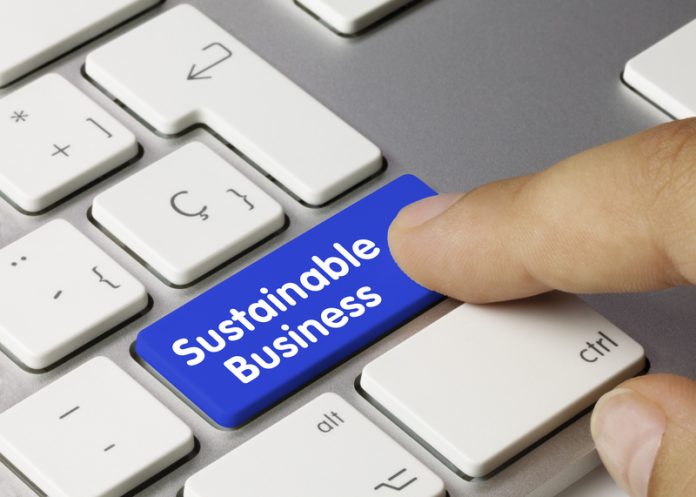Professor Raffaella Cagliano, Director of the Master in Sustainability Management and Corporate Social Responsibility at MIP Politecnico di Milano, discusses how sustainable behaviour by managers and businesses can have an impact on society
In recent years, the issue of sustainability has increasingly been drawn to the centre of social, economic, and political debate. In response to this, businesses are finally realizing the wider impact they have on society. Many companies are no longer focussing exclusively on achieving profit, and are instead looking at how their organisation can contribute to the sustainable development of the way we live and work.
Indeed, this realisation from companies has been a long process, and we are now seeing an increasing awareness about these issues for a number of reasons. The younger generations are more aware of sustainability and, as a result, they are no longer willing to work for companies that are not perceived as sustainable. It has therefore been more and more important for companies that want to continue to attract talent to move in a new, more sustainable direction.
Also, on a much broader scale, there is no doubt that this pandemic has revitalised consciences – people’s awareness of issues around the society and the environment have certainly been intensified over the past year. It is precisely this growing focus on social and environmental challenges that is ultimately bringing companies closer to some of the logics of the non-profit world.
However, it has and will continue to be difficult for companies to achieve these goals by themselves. In order to make significant changes, it is important that several players work together. These include businesses, the non-profit world, public administrations and civil society. Partnerships are essential because joining forces can make a significant impact. As such, we are seeing a situation where “traditional” companies are becoming increasingly aware of their impact on society, and non-profit organisations are using business models typical of the world of corporations. These two sectors are now merging and working together for the greater good of the environment.
Business schools
Taking this into consideration, it is important to understand the role business schools have in relation to sustainability, and how they can contribute to this new business environment where non-profits meet the corporate world. Given the central role of sustainability in creating value, there are numerous areas within the sustainability sector that deserve a more specific, business-minded approach.
Business schools and universities must create programmes that encompass all aspects of sustainability if they are to educate future business leaders how to have a lasting impact on society. At MIP, we have created a number of programmes including the International Master in Circular Economy and Green Management, which focuses on environmental objectives, the International Master in Social Innovation and Entrepreneurship, which discusses how companies and start-ups can address and overcome major social challenges and the International Master in Sustainability Management and Corporate Social Responsibility for those who are interested in learning how to develop a company’s strategy with a view to sustainability.
Of course, educational institutions must also pay specific attention to the financial world, which is why we have also created the International Master in Sustainable Finance. Finance and sustainability are interlinked, and it’s vital that business schools recognise how important it is for students to understand how both go hand in hand. This is because an increasing number of financial institutions are including sustainability in their parameters for evaluating and choosing investments. As well as this, the finance sector is becoming increasingly sophisticated, with new frameworks, initiatives and financial products emerging relating to sustainability, that business leaders must understand.
Ultimately though, business schools cannot teach sustainability if they do not put it into practice themselves. That is why MIP is seen as a company, not just an educational institution, which first has to apply those principles which it also teaches in the classroom. Schools should demonstrate a strong interest in the social aspects of sustainability, such as inclusion, equal opportunities, and access to training. In fact, MIP have recently been awarded the ‘The B Corp Certification’ – a prestigious recognition awarded to companies that emerge for their commitment to sustainable development and building a more inclusive society. MIP Politecnico di Milano is the first Italian and only European business school to have been accredited and is just one of a few worldwide.
Sustainability will be the most important trend academically, politically, socially, and financially from now and for generations to come. Where it was once far from the top of the agenda for many in the corporate world, now everything has changed. The awareness of – and attitudes towards – the world’s environmental, social and governance challenges have been transformed. Businesses have an important role to play in using their capabilities to promote economic and social development in a sustainable way, and business schools have a responsibility to educate future business leaders on how to manage an ever-increasing sustainably focused world.











